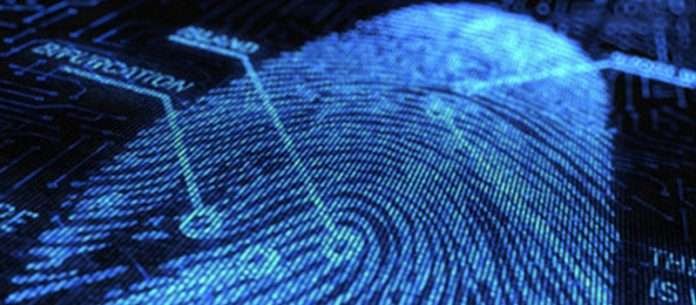
Ever since the blockchain blew up tech news about a decade ago, many have been toying with ideas to use this technology for different purposes.
Essentially blockchain is a decentralised database and peer-to-peer network that stores a registry of transactions. One of its greatest advantages is its security, which diminishes the need to pass information through a third party to verify it.
Although cryptocurrencies seem to be the most popular use of this technology, it is definitely not the only possibility. As well-known companies like Microsoft recently announced that they are in process of creating blockchain-verified IDs, it might be time to dig deeper into how these IDs might function.
Blockchain-verified IDs Features

Although many companies want to create their own decentralised data management, the idea is the same behind all. Blockchain-based IDs would encrypt a user’s personal information while removing comprisable third parties and middleman to make information trading more secure. This would help to improve any transactions of information through the core of blockchain, which is based on peer-to-peer transactions and difficult-to-hack information. Many existing companies and projects have started to team up with financial entities, tech-based businesses or governments, to achieve their goals, depending on their niche.
Currently, we constantly need to verify our identity in various ways, many times with different identifications for different platforms. Due to this, it is also hard to track, if an ID is truthful, especially when travelling across borders. In addition, every time one has to verify themselves, they have to share personal information with third parties, which can compromise privacy and sensitive information. Rather than having multiple usernames, passwords, or physical identity cards for different purposes, blockchain could provide a secure platform that could help people to identify themselves in the digital world.
Simultaneously, such an ID would help individuals to protect their information from getting into the wrong hands. As with blockchain, there is no need for middle-man, we can be sure that personal data only fall into the hands of those who are authorised, and it won’t be sold off to the highest-bidding company. This would make information trading more secure for the end-user while ensuring that the other parties would also get truthful information.
This way, blockchain IDs could give control back to people over their own data. Due to blockchain’s foundational characteristics, storing data on the blockchain is also more secure than on other databases. To change information on the blockchain, one would have to modify at least half of the existing nodes. As the network is growing every time a new computer connects to it, this is getting increasingly difficult by the minute.
Some real-life examples already exist of this feature of blockchain.
Microsoft announced their partnership with ID2020 – Alliance back in January. Their mission is to help people in lack of legal documentation with a blockchain-based identity type.
Simultaneously, a Swiss city Zug has implemented the first government-issued Etherum-identity, which allows citizens to access the online services of the city in an easy and secure way, without enclosing sensitive confidential information. Eventually, this technology could be utilised for voting, logging in to different platforms, or verifying age. The other party would only receive the information needed, without in need to disclose unnecessary details.
However, only a few are currently using such systems for verification. People will have to first acknowledge their existence, understand them and finally trust these systems enough to try them out.
At the same time, entities will also have to approve these sorts of IDs. Here, we arrive at the classic chicken and egg problem, where governments won’t start using these platforms unless they have many users, but users won’t sign up if there are no governments or important entities backing them.
Although this might be a slow process, and most likely there won’t be a full transition for a while, it looks like there is a lot of potential in these types of IDs.



![Bitcoin Buyer Review of Official Website [2022] bitcoin buyer review featured image](https://bitemycoin.com/wp-content/uploads/2022/04/bitcoin-buyer-review-featured-218x150.jpg)
![Bitcoin Digital | Official Website Review [2022] bitcoin digital review featured](https://bitemycoin.com/wp-content/uploads/2022/04/bitcoin-digital-featured-218x150.jpg)



